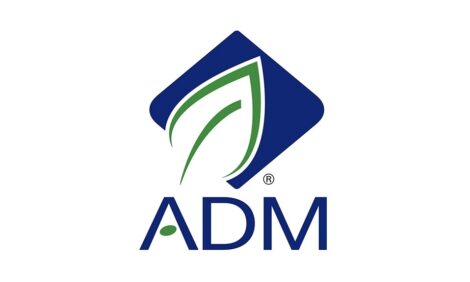



Australia's NFF urges UN to clarify its position on agricultural carbon
The Cattle Council of Australia and the National Farmers' Federation are criticising the UN for its claims regarding the meat industry's impact on climate change.The UN has published this claim on social media: “The meat industry is responsible for more greenhouse gas emissions than the world’s biggest oil companies.”
Cattle Council President Tony Hegarty said the claim ignored the fact the meat industry captured the vast majority of carbon it emits.
“Oil companies unlock long-term carbon storages, meat businesses don’t,” Mr Hegarty said.
“The earth’s oil reserves have been locked away for more than 50-million years.


“Their claim is an absurd simplification that needs to be called out for what it is – misleading.
“It ignores the fact that carbon from burning oil can stay in the atmosphere for hundreds of thousands of years.
“By comparison, agricultural methane is largely depleted within 12 years.
“The UN should respect the intelligence of the public and have a sensible debate.
“Australian red meat producers have affirmed a commitment to carbon neutrality by 2030.”
“We are also using our extensive natural resources to be part of the broader solution through programmes such as the Farm Biodiversity Stewardship Programme.
“In fact, in MLA’s last Consumer Sentiment Survey, only 13 percent of urban Australians thought we could do more to reduce our environmental impact.
“The UN should be a leader and make it clear – the oil industry is a problem; the cattle industry is part of the solution.”
Comment from National Farmers' Federation
National Farmers’ Federation President Fiona Simson said such statements failed to tell the whole picture.
“Oil is releasing carbon that’s been locked away for millions of years, red meat production doesn’t do this,” Ms Simson said.
“This is a very important distinction, and we had an expectation that an organisation as respected and well-resourced as the UN wouldn’t mix it up.
Ms Simson said it was the role of the Intergovernmental Panel on Climate Change to investigate, consider and report on the climate change, including the role of industries and nations in contributing to, or mitigating climate change.
“To the contrary, it is the role of the United Nations to bring countries and communities together for good, not to single out, in this case inaccurately, sectors for condemnation.”
“It should be noted that the IPCC and Food and Agriculture Organization of the United Nations (FAO) both note that the policy, planning and incentive systems on agriculture lands and in grazing systems are sustainable and net carbon negative food production sources.”
“We call on the United Nations to immediately correct its statement.”
Ms Simson said Australian agriculture was committed to being part of the solution when it came to reducing emissions.
“The farm sector is in a unique position. While generating emissions, the production of food and fibre also has the potential to sequester carbon.”
Ms Simson said the NFF’s 2030 Roadmap, included a goal for Australian agriculture to be trending towards carbon neutrality by 2030 and Australia’s red meat was leading the world in its carbon reduction target.”









